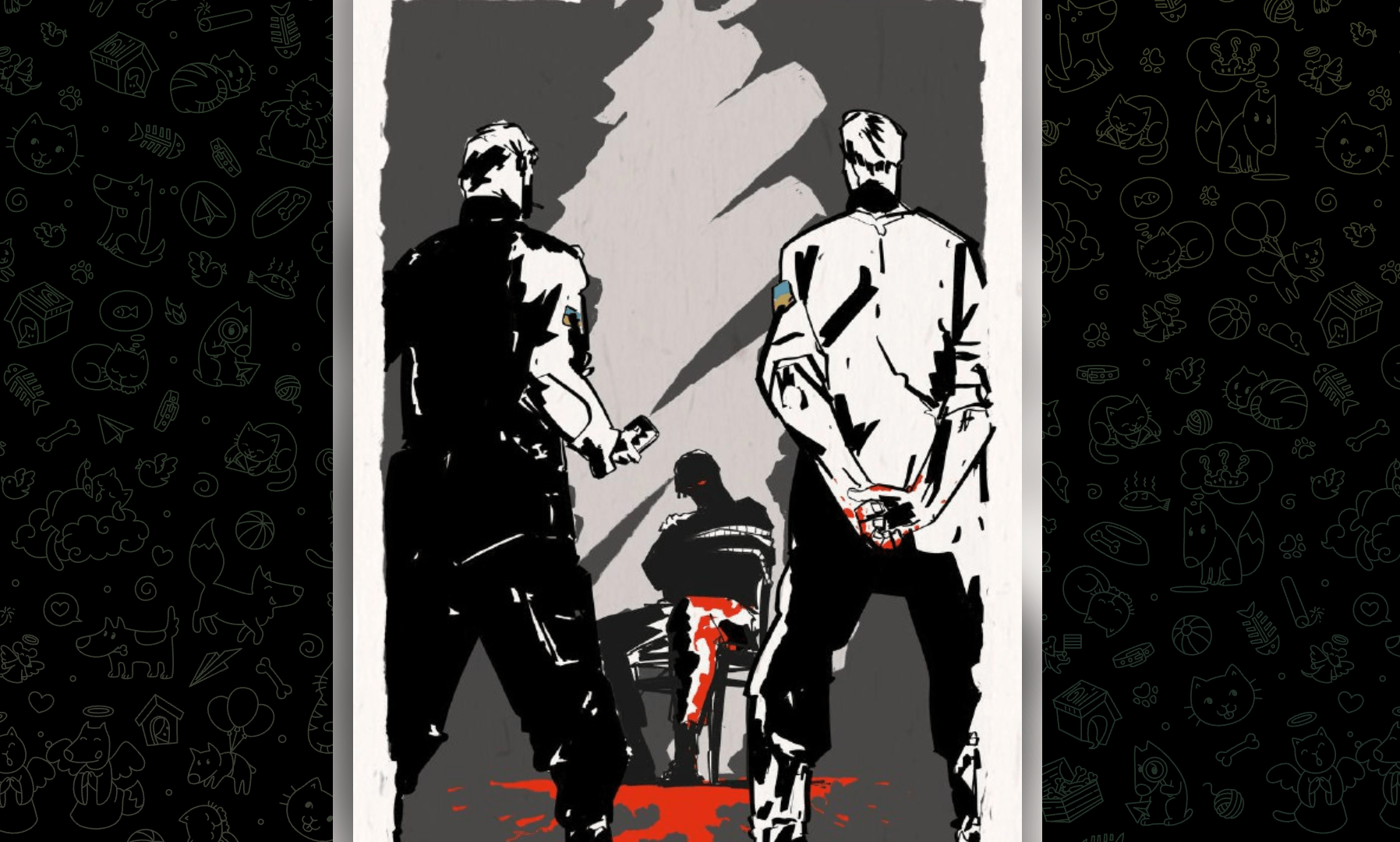‘Earthquake’: Austria’s far-right Freedom Party wins election | Elections News
Austria’s far-right Freedom Party (FPOe) has topped the country’s national elections in a historic victory but is likely to struggle to find partners that would enable it to form a governing coalition.
The FPOe won 28.8 percent of votes, beating the ruling conservative People’s Party (OeVP) into second place at 26.3 percent, according to near-complete results.
While the FPOe has served in coalition governments before, it is the first time it has won a national vote, and comes as far-right parties across Europe have made gains.
All other parties in the country, however, have rejected forming a coalition with the Eurosceptic, Russia-friendly FPOe, which was founded in the 1950s under the leadership of a former Nazi lawmaker. Leader Herbert Kickl is also a provocative and polarising figure, roundly disliked by other party leaders.
“We have written a piece of history together today…,” the 55-year-old Kickl told cheering supporters in Vienna. “We have opened a door to a new era.”
Like other far-right parties elsewhere in Europe, the FPOe’s popularity has surged amid voter anger over issues such as migration, the state of the economy and restrictions imposed during the COVID-19 pandemic.
“This is certainly an earthquake and sends a shockwave through all the other parties,” political analyst Thomas Hofer told the AFP news agency.
‘Our hand is outstretched’
Kickl, who took over the party’s leadership in 2021, said he was ready to form a government with “each and every one” of the parties in parliament.
“Our hand is outstretched in all directions,” he said.
Among FPOe supporters, the atmosphere was festive, as supporters wearing traditional Austrian dress downed glasses of beer.
“It’s a real success… It will be a very, very exciting time” with the FPOe trying to form a government, said Erik Berglund, a waiter. The 35-year-old hailed Kickl as the “most competent leader”.
Chancellor Karl Nehammer, who managed to close the gap on the FPOe in recent weeks in opinion polls, acknowledged that he had fallen short.
“It was a race to catch up and, unfortunately, we didn’t manage it,” said 51-year-old Nehammer, as he promised to “continue to fight for the people’s interests”.
Nehammer could nevertheless remain chancellor by forming a coalition with the Social Democrats (SPOe) and possibly another party, probably the liberal NEOS.
The SPOe got 21.1 percent, similar to their record-low 2019 results, while NEOS was at 9.2 percent.
A three-party coalition would be a first, but analysts say it might struggle to govern given the country’s shift to the right.
A coalition between the far right and the conservatives – in power since 1987 – also remains a possibility, say analysts.
The FPOe’s first government with the conservatives in 2000 set off widespread protests and sanctions from Brussels.
The second collapsed over a spectacular FPOe corruption scandal in 2019 after just a year and a half in power.
More than 6.3 million of Austria’s 9 million people were eligible to vote.
Nehammer reiterated his refusal to work with Kickl, who has called himself the future “Volkskanzler”, the people’s chancellor, as Adolf Hitler was termed in the 1930s.
Kickl regularly attacks European Union sanctions against Russia over its invasion of Ukraine.
Kathrin Stainer-Haemmerle, a political science professor at the Carinthia University of Applied Sciences, said if Kickl did manage to become chancellor, Austria’s role in the EU would be “significantly different”.
“Kickl has often said that [Hungarian Prime Minister] Viktor Orban is a role model for him and he will stand by him,” she told the Reuters news agency.
Check out our Latest News and Follow us at Facebook
Original Source






